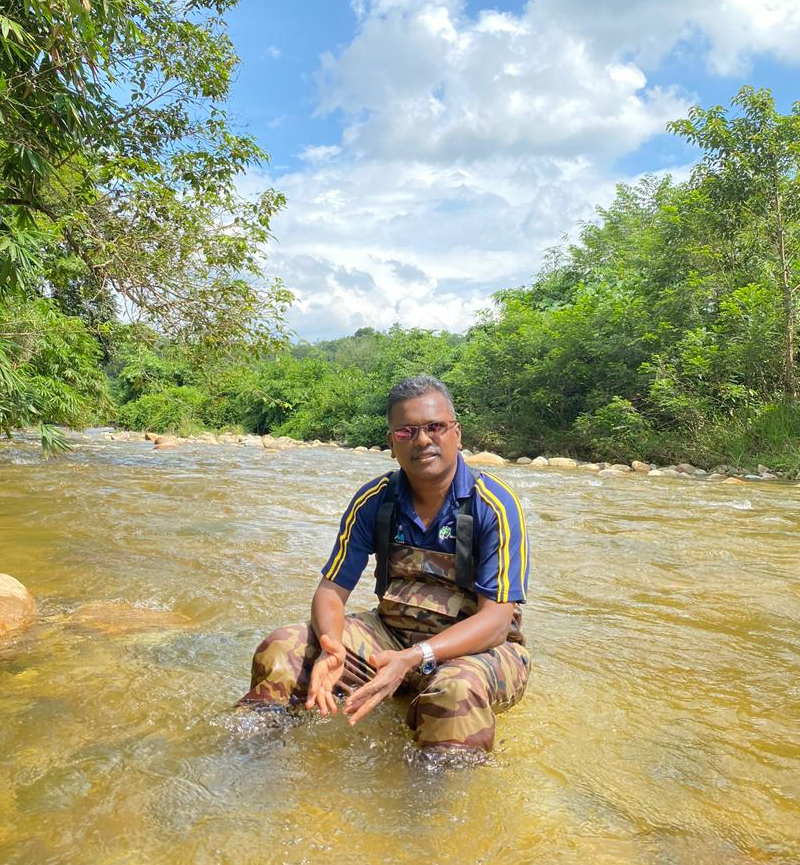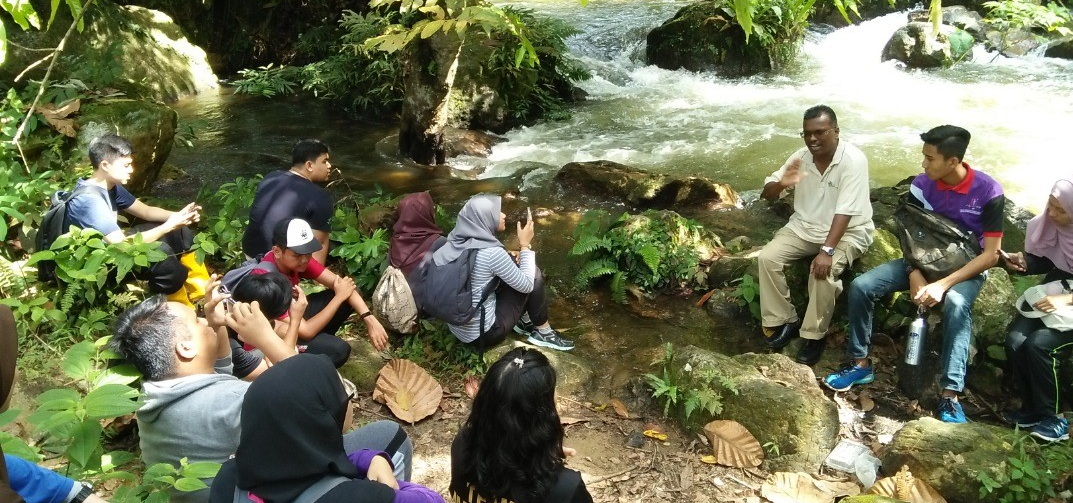Describe your organisation, its vision and mission.

The Global Environment Centre (GEC) was established in 1998 in Malaysia to work on environmental issues of global importance. The Centre is registered as a non-profit organisation but works regionally and internationally both directly and through many partners. GEC supports information exchange and capacity building as well as undertakes strategic projects particularly in developing countries. It works in partnership with other like-minded agencies worldwide.
Our mission is to support the protection of the environment and sustainable use of natural resources to meet local, regional and global needs, through strategic partnerships with communities and like-minded organisations.
GEC has four main programmes:
- RIVER CARE - river rehabilitation, water conservation, Integrated River Basin Management (IRBM)
- FOREST & COASTAL - forest & wetlands rehabilitation, sustainable management, biodiversity protection, climate change mitigation
- PEATLAND - sustainable management of peatlands, climate change mitigation, haze prevention
- OUTREACH & PARTNERSHIP - capacity building, awareness raising, info exchange
How long has GEC been a GWP Partner?
We are a member since 2004. As GEC is seen as a local champion on water resources through community participation in Malaysia, we wanted to expand our horizon and sharing.
What are the benefits of being a GWP partner?
GWP provides a great platform for networking and information sharing, we are able to interact with other partners by promoting information sharing, broad awareness of resource availability.
Furthermore, the capacity building and trainings, as well as the hands-on collaboration in the organisation is a great help to develop localised action plans and support to influence discussion at national and regional policy discussions and other forums. It has helped to empower myself and my organisation. More benefits:
- Support to identifying critical water issues, global and local issues/concerns;
- Opportunities to help to shape the Integrated Water Resources Management (IWRM) approach at regional and national level;
- Mobilising a voice in regional and international water resources management;
- Practical guide and capacity building opportunities;
- Co-ordination between various groups and institutions within the region in order to prevent the duplication of efforts and to streamline the use of limited resources.
Please share a challenge facing the management of water resources in your area of expertise.
- Proper understanding on the IWRM and IRBM concepts.
- Federal and state interest and conflict on water resource management.
- Pollution of water supply/source.
- Water quality demand vs. water availability (quantity vs. quality).
- Significant community engagement platform.
- Community flood & drought – proofing and adaptation for climate resilience.
- Financial mechanism on sustainable resource management (PES, Polluter Pay Principles).
Are there any special projects or initiatives that you would like more widely known?
The RIVER Ranger programme focuses on the holistic aspects of river basin management including water catchment, water conservation, pollution management, biodiversity mainstreaming, monitoring and stakeholders partnership especially local community engagement.

